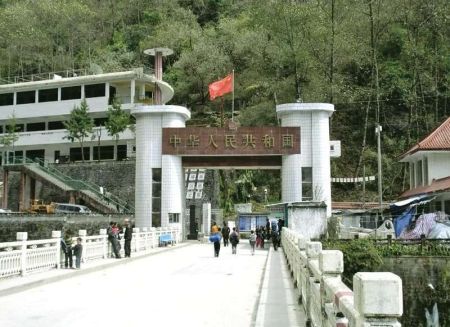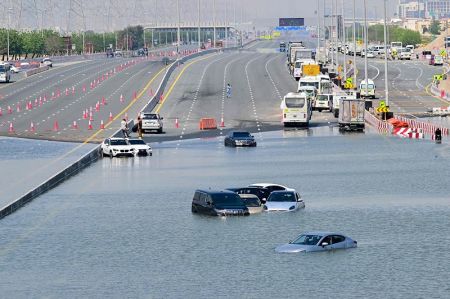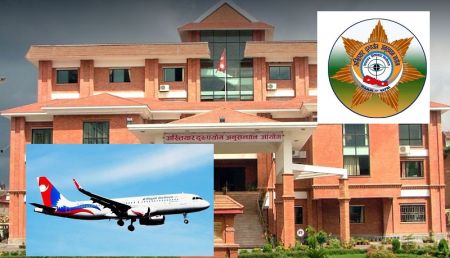--By Suvas Lamichhane
All Nepali banks and financial institutions (BFIs) carry one objective in common: “We want to go remote areas and mobilize the small deposits of rural Nepal”. That is at least what they say in record. However, all the commercial banks, development banks and finance companies are city-centred. On top of that, only around 40 per cent of Nepali citizens have access to modern banking facilities till now. If the state-owned banks are left aside, one can clearly see negligible presence of commercial banks from the private sector in the remote areas. (See the accompanying table)
 The table shows that some big banks have less than five branches in remote areas. Nabil Bank, which is operating 47 branches across the country in total, has only three branches in remote areas. It is the same case with Himalayan Bank, Nepal Investment Bank and Nepal SBI bank with Standard Chartered Bank having not even a single branch in remote as well as hilly areas.
The table shows that some big banks have less than five branches in remote areas. Nabil Bank, which is operating 47 branches across the country in total, has only three branches in remote areas. It is the same case with Himalayan Bank, Nepal Investment Bank and Nepal SBI bank with Standard Chartered Bank having not even a single branch in remote as well as hilly areas. However number of branches of newly established banks is growing in remote areas as well. Civil Bank, NMB Bank and Citizens’ Bank are operating five branches each in distant parts of the country. Likewise, Century Bank, Global IME and Prime Commercial Bank are also following the former three institutions for opening branches in remote areas.
Despite the incentives provided by the Nepal Rastra Bank (NRB), commercial banks are reluctant to open branches in districts such as Rolpa, Rukum, Bhojpur, Salyan, Humla, Manang etc. The central bank has been providing interest-free loan of between Rs. 5 million and Rs. 10 million to banks for opening branches in remote areas. Still the old and big banks are not interested in opening branches in those areas.
This is despite the fact that the established banks have much higher financial and human resource strength compared to the new ones. They have low cost deposit, higher spread, higher client base, huge profit and ability to spend. So the leading BFIs should take this as one of their responsibilities to open branches in remote areas. They should provide modern banking facilities to the needy people of such areas even if profitability from such branches is difficult. One can understand that investors ask for return, but does it mean that the remote people have no right to expect anything from BFIs? Of course they have and banks and financial institutions need to start thinking about it.
Lamichhane is associated with Prime Commercial Bank Ltd.





















